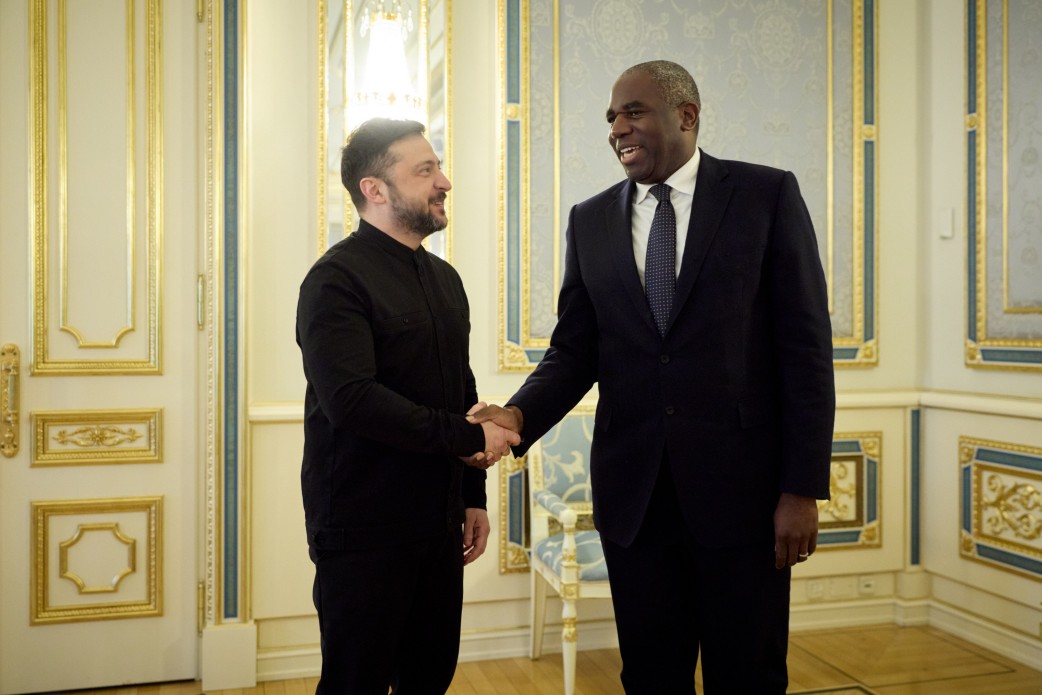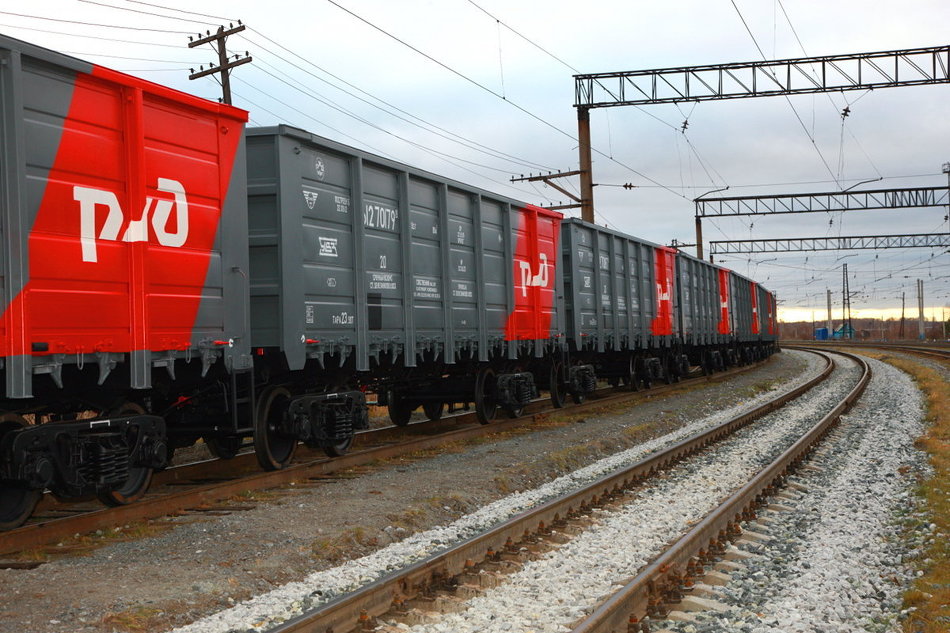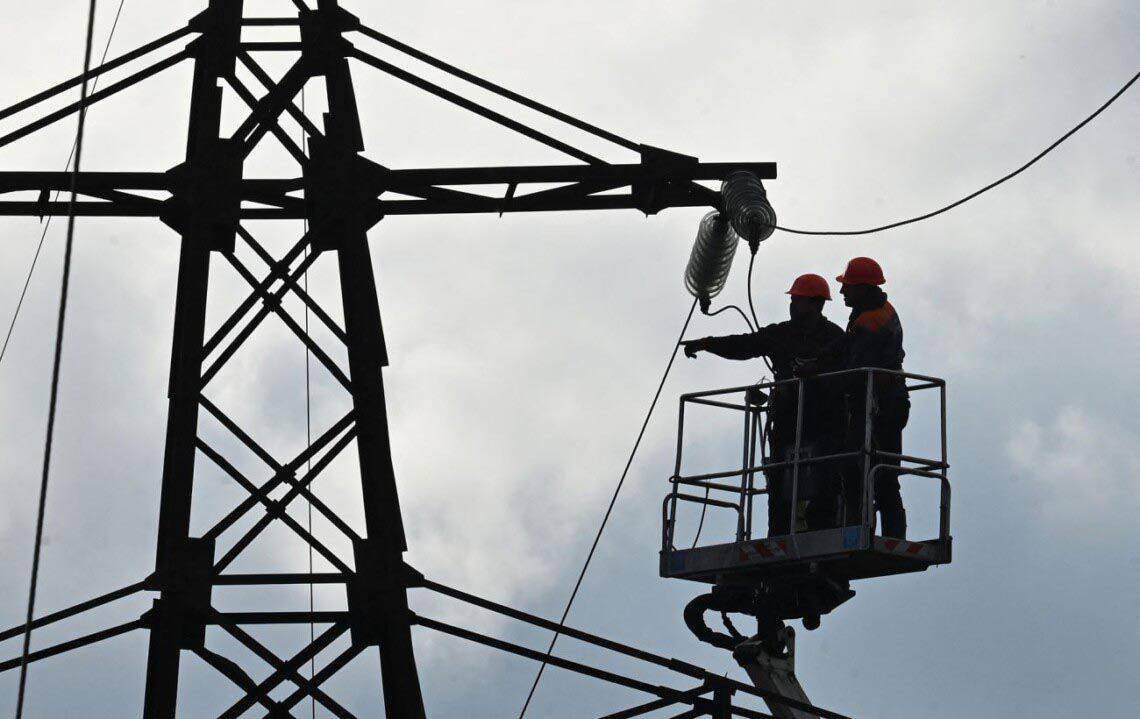Russia has passed a law allowing Russian airlines to enter into wet lease agreements not only with domestic but also with foreign operators for international flights. A wet lease is a form of aircraft rental in which the lessee operates the aircraft under its own brand, while the lessor provides the aircraft along with the crew, maintenance, and insurance.
The Kremlin decided to legalize this scheme against the backdrop of a crisis in Russia's aviation sector caused by Western sanctions.
These sanctions have restricted access to new aircraft, maintenance services, and the supply of aviation components. As a result, Russia has already lost 58 aircraft, and 30% of its foreign-manufactured fleet—about 700 aircraft used for over 90% of domestic passenger flights—is at risk of being grounded. By 2030, at least 200 foreign aircraft are expected to be decommissioned. This mainly affects Boeing and Airbus planes, which are critically dependent on official maintenance services.
The Foreign Intelligence Service of Ukraine reminds that since the beginning of the full-scale invasion of Ukraine, Russian carriers have lost the legal ability to use Western services. Consequently, major market players like Aeroflot and S7 are urgently seeking alternative mechanisms to compensate for their losses.
The changes to the rules for using aircraft from foreign operators come amid Kremlin statements about resuming air connections with Western countries. This is also seen as an additional way to increase the supply of necessary parts for Russia’s own air fleet, alongside the use of grey market schemes for importing sanctioned components.
According to the Foreign Intelligence Service, Moscow views the legislative expansion of leasing mechanisms as a temporary solution to avoid a collapse in passenger transportation. At the same time, this practice leaves unresolved the long-term sustainability of Russia’s civil aviation, which is technologically dependent on the global market and affected by losses to pro-Kremlin corporations. Passenger safety is not a priority—passengers are merely a “bargaining chip” in the Kremlin elite’s business operations.




















